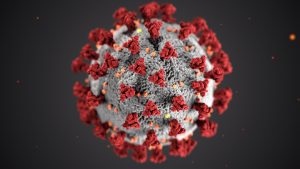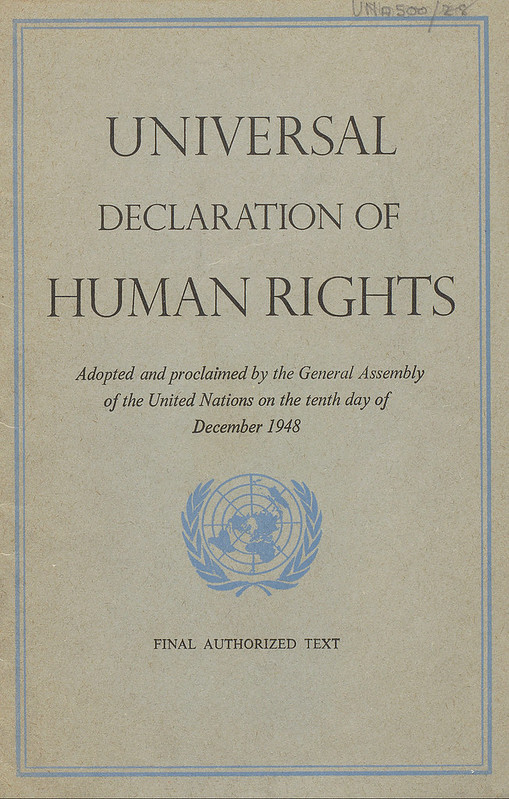The fourth generation of human rights consists of the holistic approach based on the consideration of the integrated political, civil, economic, environmental, health, and development rights.
Emergence and actualization of global crises such as global health issues arising from coronavirus COVID-19, racist problems specifically from the Black Lives Matter, and global warming lead to the unprecedented need for the reevaluation of human rights at the national and international level. Emergence and development of international human rights are generally based on three different generations. First-generation appeared in the late 19th and early 20th centuries with the recognition of political rights and freedoms. The second generation is dealing with social rights. Finally, the third generation proclaims fundamental rights, which also called “solidarity rights”: the right to peace, to development, to a healthy environment, to the common heritage of humanity and to information. These fundamental rights have been developed both at the national and international levels—however, this classification of human rights is on the basis of limited analytical and historical approach.
Both COVID-19 and racist issues prove that there is no boundary for epidemics and injustice in the world. They could affect all of the nations, developed or developing, wealthy or poor, powerful or less powerful around the world. That is a key reason to understand how the “right to health,” “right to equality,” and “right to environment” should apply and respect as the elements of human rights.

The global coronavirus pandemic, which has already caused and is still causing unimaginable devastation and hardship, has brought our life to a new pathway. The outbreak will have profound and lasting economic, social, and political consequences in every corner of the world. This situation probably will lead to the emergence and development of a new branch of law: “International Health Law.”
This ongoing situation regarding COVID-19 is challenging not only world’s economies, cultures, and relationships but also involving new issues in International Law in terms of the cooperation between states, state responsibility, the role of state and government in health care, the roles of government in improving health care quality and safety, the state responsibility for an internationally wrongful act under an obligation to compensate for the caused damages, environmental protection, and human rights issues.
Racism and discrimination are present in many societies. This kind of antagonism is even more prevalent within countries like the US and Canada, which involves the dilemma between multiculturalism and nationalism.
In this perspective, it seems that the classification of three generations of human rights which divides into three distinct generations of civil and political rights (first generation rights), economic, social and cultural rights (second generation rights) and collective rights or solidarity (third-generation rights) is not justifiable on the current state of international human rights law. Accordingly, could we consider the end of the theory of three generations of human rights?
The progress of economic, political, cultural, technological and communication aspects of human life in recent years has led to the redefinition or reclassification of these rights.
According to the spirit of international law, all human rights, including “right to health,” “right to equality” and “right to environment” are recognized as interdependent, indivisible, universal, and interrelated rights. For this reason, it seemed to consider the fourth generation of human rights based on a holistic and integrated approach.
The fourth generation of human rights consists of the holistic approach based on the consideration of the integrated political, civil, economic, environmental, health, and development rights.
The holistic and integrated approach of human rights allows monitoring and the implementation of human rights at the national and international levels.
Finally, the reevaluation and the reclassification of human rights plays a fundamental role in the monitoring, verification and report (MVR) of human rights in different countries around the world. It seems that the standard and classic classification of human rights to three generations is not enhanced to the progressive development of international human rights law, and it needs to be reclassified according to more criteria of human demands and needs.


Join the conversation!